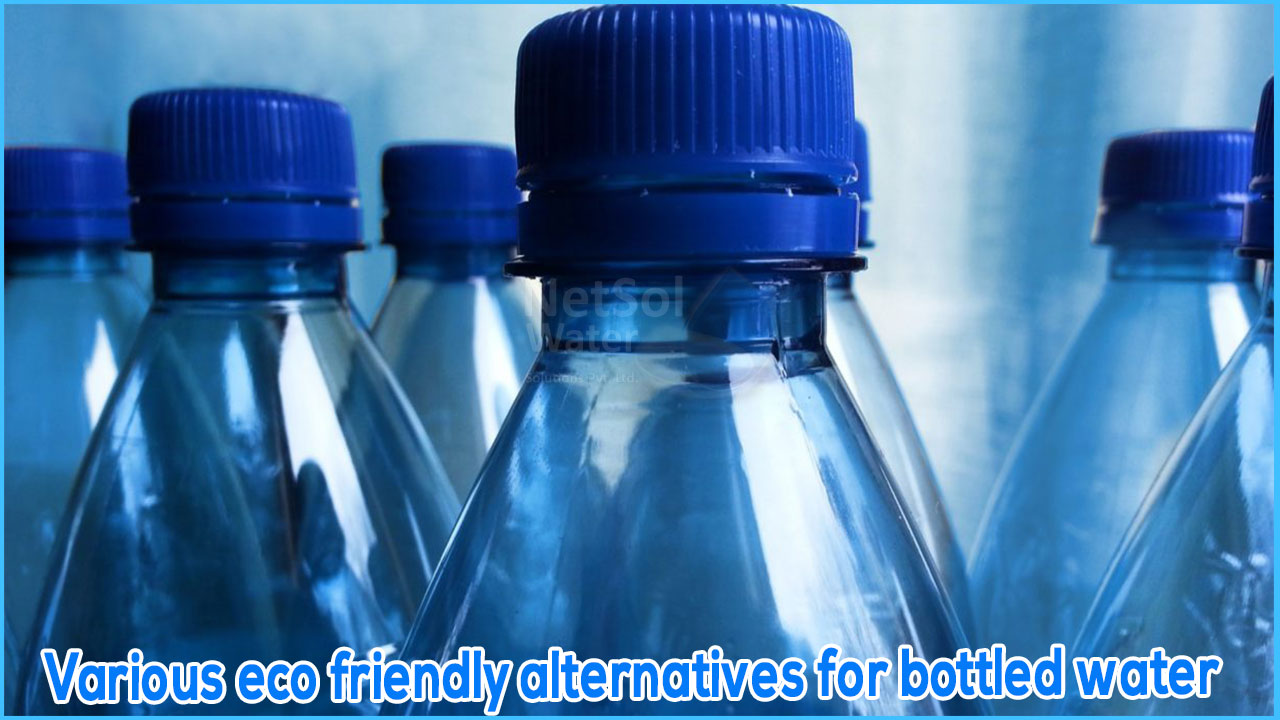It's no secret that plastic bottles are a big environmental hazard, and while they are relatively less easy to recycle, we should use them less frequently. Although there are better alternatives, such as glass or metal reusable bottles, we still prefer disposable options because we are creatures of convenience.
Around the world, 80 billion plastic bottles are produced each year, with 80 percent of them ending up in oceans and landfills. These bottles gradually degrade, generating microplastics that animals mistake for food and finally wind up on our plates.
There are three main reasons to stay away from Bottled Water:
POLLUTION
- Bottled water's whole life cycle consumes fossil fuels, contributes to global warming, and pollutes the environment.
- The Container Recycling Institute estimates that 86 percent of plastic water bottles used in the United States and other countries, end up in the trash or litter.
COST
- Bottled water costs approximately 3,000 percent more per gallon than tap water.
- $0.02 per gallon for tap water
- $0.64 per gallon for bottled water.
MYTH: Bottled water has a higher purity level than tap water.
Bottled water is not necessarily cleaner, safer, or healthier than tap water. The federal government, in reality, mandates significantly more stringent and frequent safety testing and monitoring of local drinking water.
Plastic is not as environmentally benign as we all believe. Harmful chemicals like phthalates and BPA are found in some plastic bottles and products, and they can cause hormonal imbalances as well as other health issues like neurological diseases, obesity, cancer, and infertility.
More than 46,000 plastic pieces are floating in the ocean as we speak, posing a serious threat to our environment and health. Plastics can take up to 1000 years to fully degrade, posing a significant risk to our environment and health.
Alternatives to plastic that are gentler and greener are always recommended such as:
1. Stainless Steel Bottles with Insulation
Insulated stainless steel bottles are known for their capacity to keep drinks hot or cold for long periods of time. These bottles come in a variety of sizes and styles, making them suitable for everyone's daily water consumption requirements.
By minimizing the amount of water bottles that end up in landfills, reusable water bottles help to save the environment. Because stainless steel bottles are free of harmful substances like phthalate and BPA, which are found in plastic containers, they're an excellent approach to reduce hazardous exposure while also helping to protect the environment.The quantity of poison that enters your body through water intake is minimized because these bottles don't have a resin liner.
2. Bottles made of glass
Glass bottles are widely used nowadays. Glass bottles come in a variety of sizes and capacities. However, the ideal sizes vary from 200 millimeters to 1.5 liters. Glass bottles have been used in the storage of cosmetics, preservatives, food, sauces, soda, water, and liquor for many years. Traditional blow-molding and glass-blowing techniques are used to make glass bottles.
Automated and advanced production technologies were applied in industries. After the advent of flow and feed machines, which allowed for the production of more bottles, these bottles became popular.They're healthy and environmentally friendly. Because they don't include chemicals like Bisphenol-A, which is ubiquitous in plastics, storing water in these bottles won't impact the smell or flavor.
3. Bottles made of aluminum
Aluminum bottles are used in a wide range of industries and have a wide range of applications. One of these uses is in the packaging of beverages such as tea, soda, and beer.
An epoxy or enamel covering is applied to aluminum bottles to improve usage and longevity. Because aluminum is 100 percent recyclable, aluminum bottles can be recycled multiple times.They are available in a wide range of designs, profiles, combinations, and styles. Some bottles feature industry-standard features that make using caps and closures simple.
It is better to opt for eco-friendly options as they not only save Earth but people too!
Netsol Water: We save Water - We save Life!!



